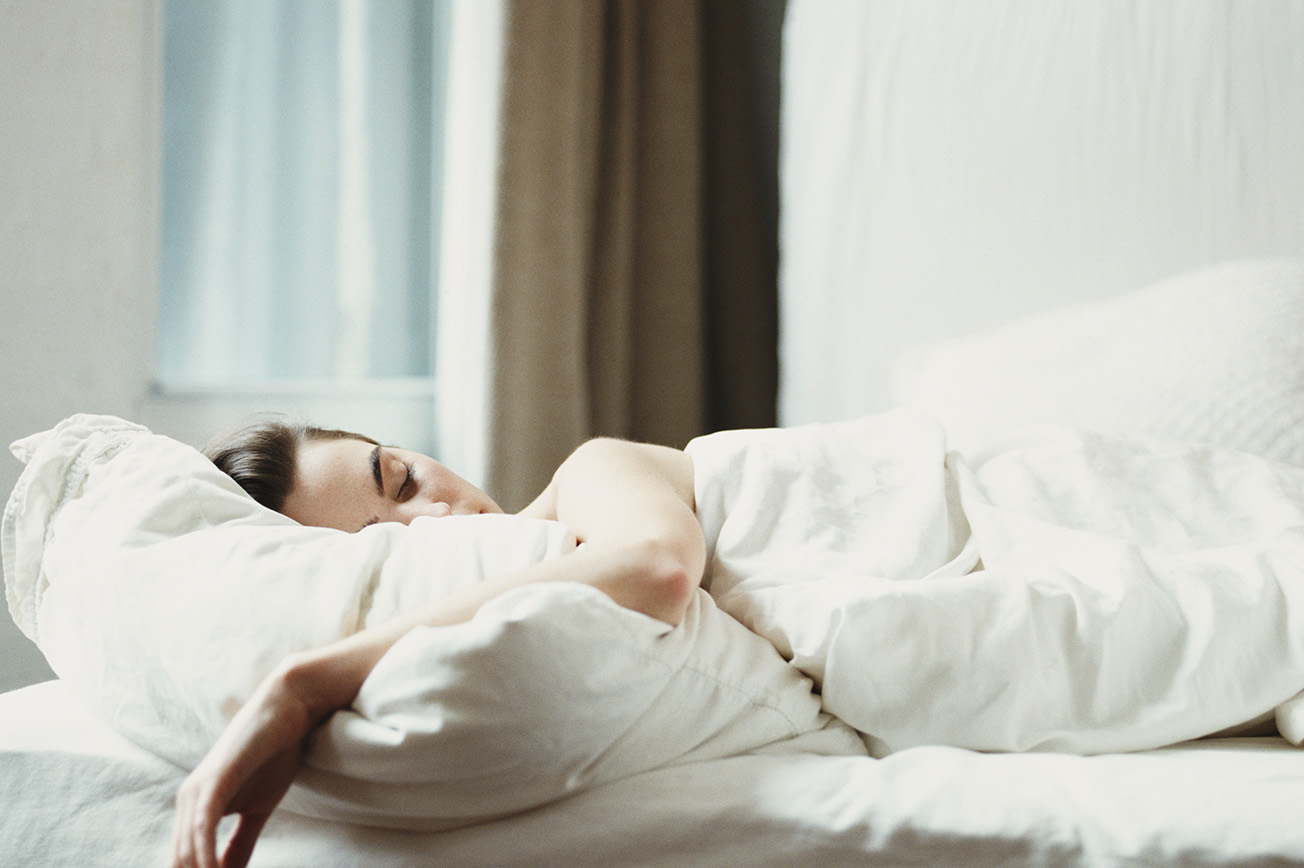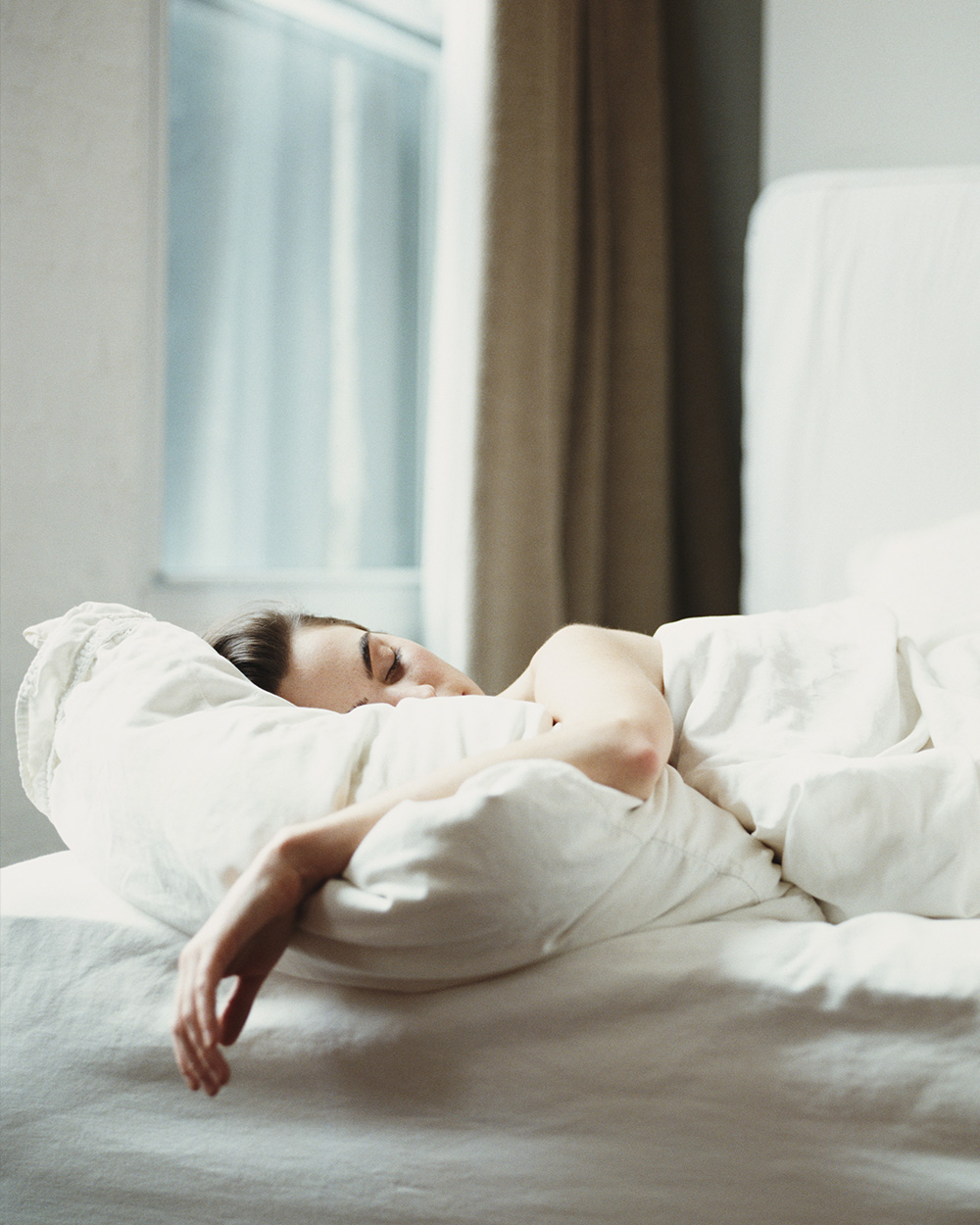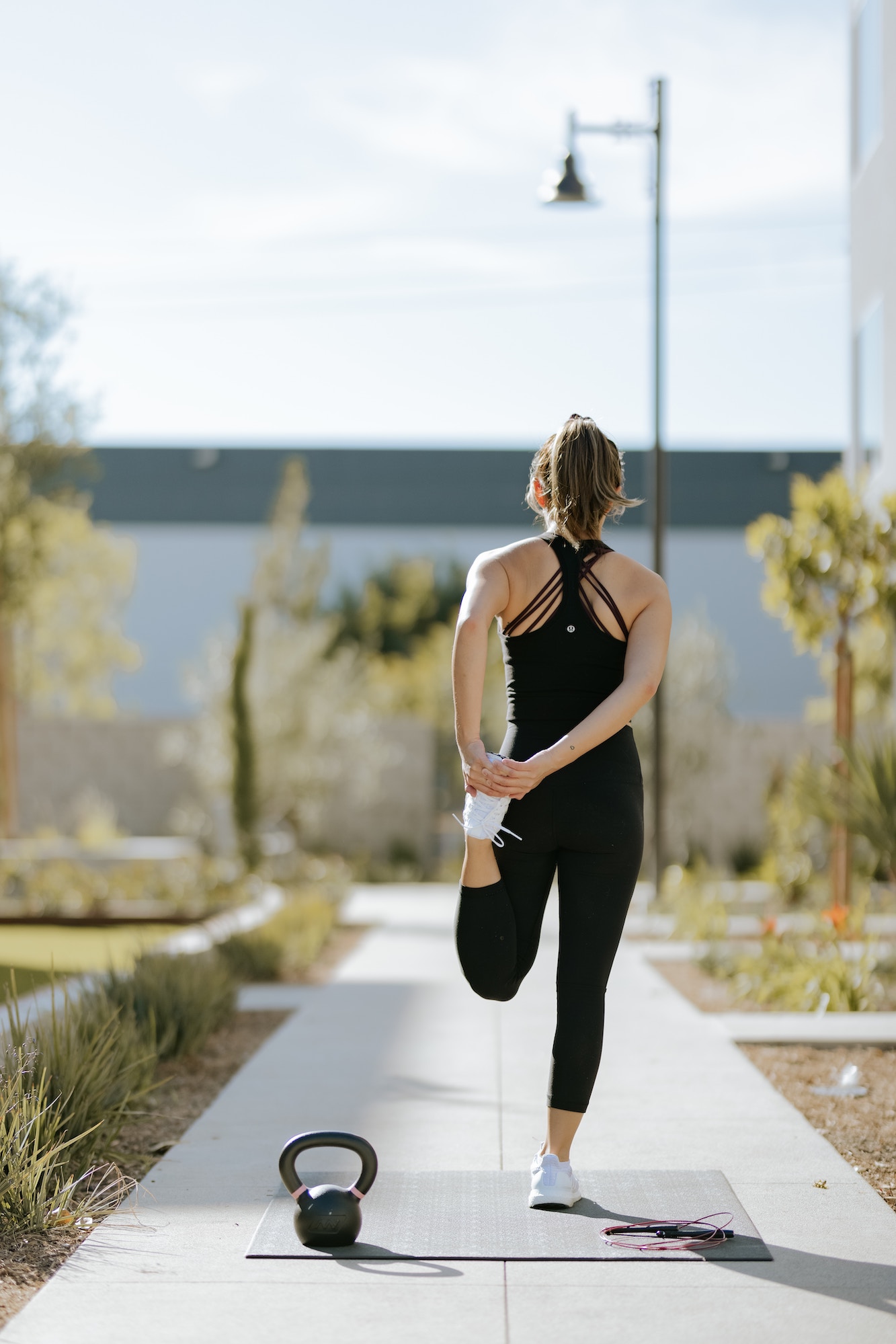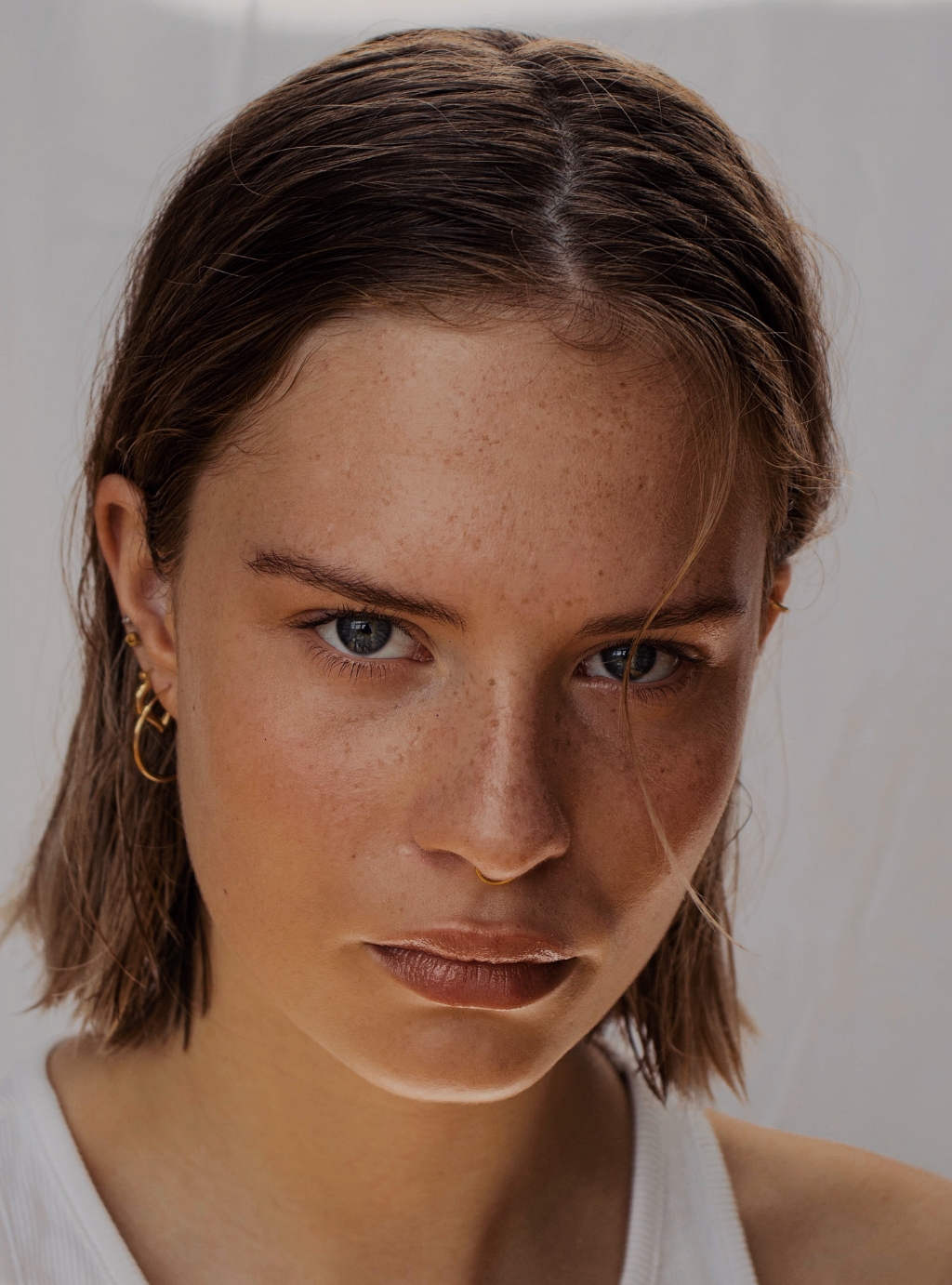Orthosomnia is the new sleep disorder in town and your troubling obsession with tracking the perfect night’s sleep might be the root cause.
Once upon a time, lying awake at night with little more to do than keep a mental tally of the number of hours, minutes, seconds left before morning, was standard. It was the routine that dictated many sleepless nights.
Fellow insomniacs and the eternally sleep deprived will be all too familiar with the unwavering habit of the late night mental math that would ensue, all for the sake of working out whether it’d even be worth trying to get to sleep if it wasn’t going to last anyway.
Then smartphones came along with their ability to track everything. Counting steps and plotting menstrual cycles was helpful to an extent, but having the technology to monitor your sleep – the quality, the length, the interruptions – that was a complete game changer for a generation of sleep obsessive millennials.
As with most other aspects of our smartphones though, it quickly becomes addictive. You’re suddenly in competition with yourself, each morning obsessively checking and comparing the stats about how often you tossed, turned and got up to pee; forming that of a habit itself become a bigger problem than your less than eight-hour sleep.
In our quest to get the perfect night’s sleep (because we’re all too often told that we’re not getting enough, getting too much, or doing it wrong) we’re taking huge hits to our mental health.
So much so that they’ve discovered a brand new sleep disorder related to our repetitive sleep monitoring.
Enter orthosomnia, a new term coined to describe a specific sleep disorder, which has arisen out of research into how we’ve taken to relying on tech to monitor our sleep patterns.

The word was developed in a study recently published in the Journal of Clinical Sleep Medicine, which found there to be a growing number of people seeking treatment for ‘self-diagnosed sleep disturbances’ based on what they’ve seen in their sleep tracker data.
“The use of wearable sleep tracking devices is rapidly expanding and provides an opportunity to engage individuals in the monitoring of their sleep patterns,” the report states.
It also outlined how relying solely on the information given to us by wearable tech and smartphones, often comes from our counterintuitive search for the perfect sleep – a construct that definitely doesn’t exist but we still feel compelled, with access to data that can tell us where we’re going ‘wrong’, to subconsciously work towards anyway.
The only thing, though, is that in striving for tops scores on sleep data charts, we’re forming a dangerous reliance on a technology that doesn’t know our bodies as well as we do.
The appeal is clear. If you’ve got something in front of you with the ability to take away the emotional admin, trying different methods of sleep improvement and physically visiting a medical professional, then you’ll probably take the easy, digital route as encouraged by that shiny little technological sidekick in your pocket.
But when push comes to shove, it’s yet another example of the very familiar story of relying on technology just a little too much.
It’s all built to keep us coming back for more; every morning a new chart, a new report, a fresh, accurate-seeming interpretation of how well (or poorly) you’ve slept sits waiting for your desperate perusal.
But this dependency is what’s becoming just as (if not more) detrimental than our initial tricky sleep habit.
The existence of orthosomnia only goes to support that the anxiety of fixing an issue like sleep (that may not have been as problematic as you thought pre-sleep-tracker) is only amplified by the technology built to monitor it.
Exhausted? We’re not surprised.






